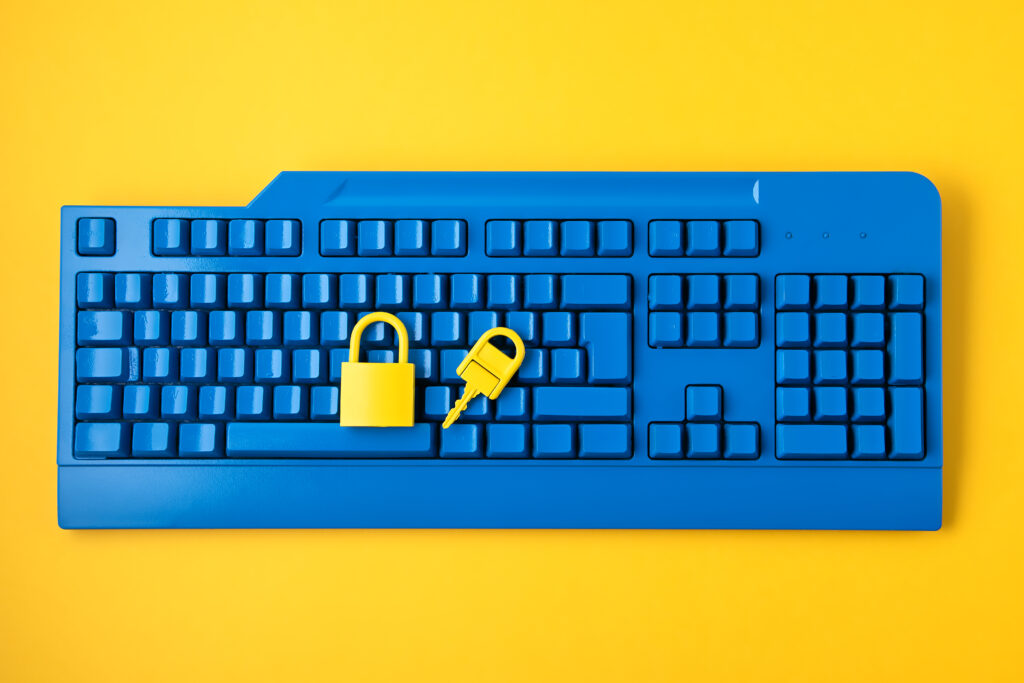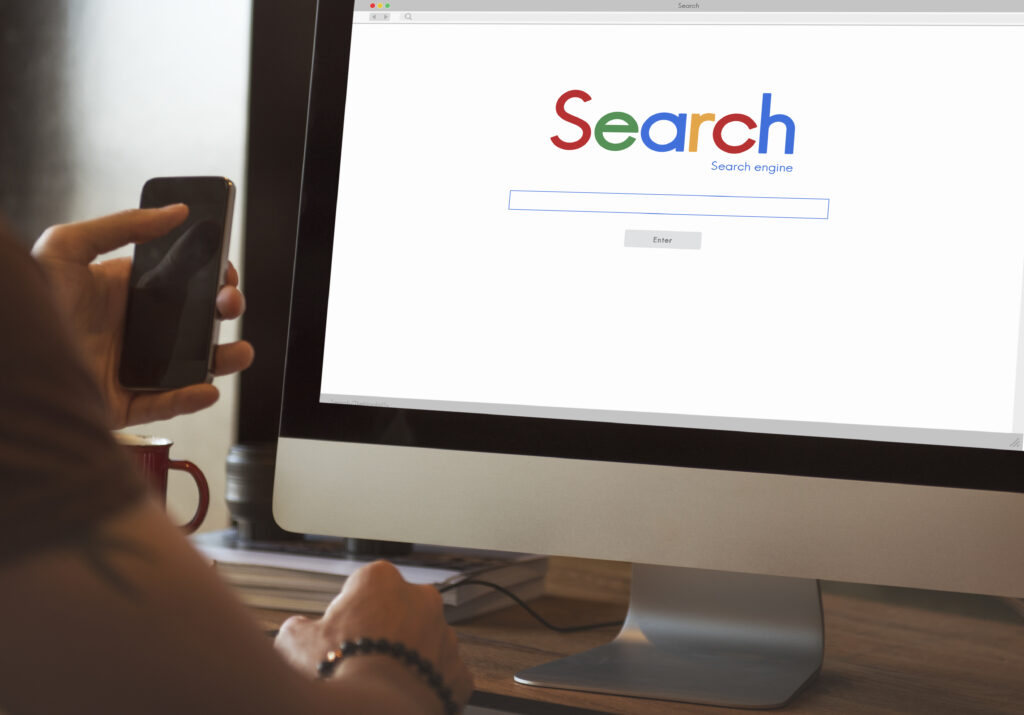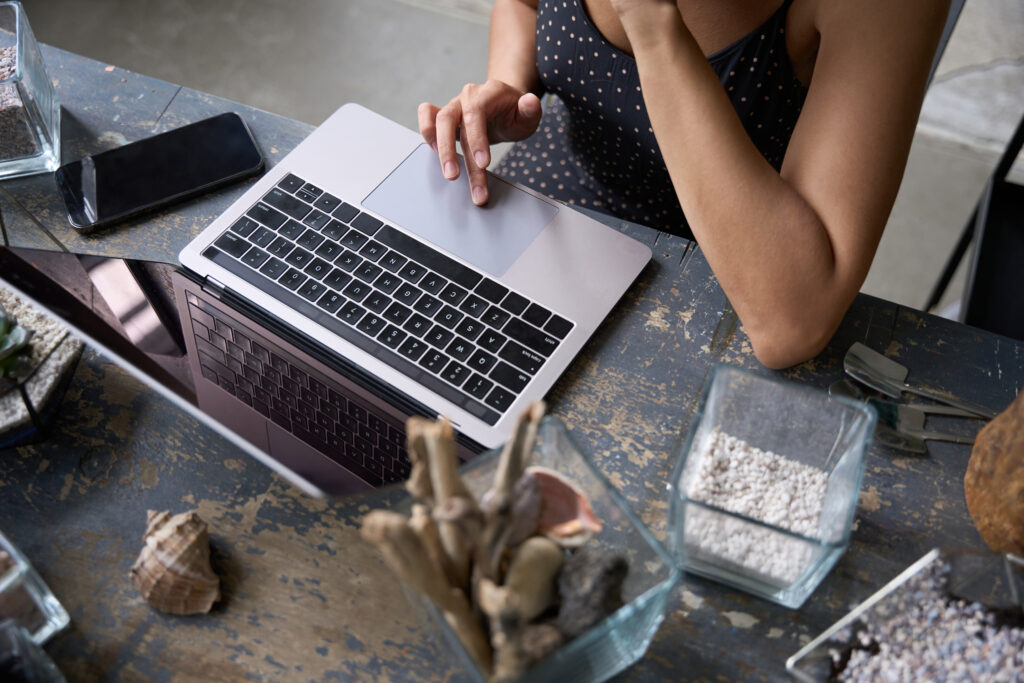

15 Online Safety Tips to Protect Yourself from Cyber Threats

Welcome to the internet where cats are king and information is just a click away. But before you go exploring this vast virtual world all by yourself, let’s make sure you learn a few useful online safety tips.
In this blog post, we’ll go over the 15 most essential rules that will help you protect your online presence while you navigate the internet.
What are the main internet dangers of 2023?
With the constantly evolving landscape of technology, it’s crucial to stay informed about the latest internet dangers lurking in the shadows. From phishing scams to ransomware attacks, it’s important to stay vigilant and protect yourself online.
To make your journey through the virtual world a bit smoother, we’ve compiled a list of the main internet dangers of 2023.
If you want to know more about various cyber threats, be sure to check out our detailed guide on internet security.
So, the main internet dangers of 2023 are:
- phishing scams and email fraud
- ransomware attacks
- social engineering and impersonation scams
- malware and virus infections
- data breaches and identity theft
- unsecured Wi-Fi networks and public Wi-Fi risks
- insecure websites and online transactions
- IoT security risks
- cyberbullying, hate speech, and online harassment.
Now it’s time for you to learn the most essential online safety tips before you go out there to explore this vast virtual world.
15 online safety tips for your internet security
Use strong and unique passwords
Leveling up your password game is the first and foremost online safety tip. Strong passwords are essential in protecting your online accounts from hacking. Make sure your passwords are a combination of letters, numbers, and symbols, and are not easily guessable. Try not to use the same password for multiple accounts.
What is a strong password?
A strong password is a unique combination of letters, numbers, and symbols that is hard to crack by both humans and computer programs. Here are the key characteristics of a strong password:
- it consists of more than eight characters;
- is as random as possible;
- contains letters in both upper and lower cases;
- has a pinch of symbols in it.
And don’t worry, you don’t have to rack your brains trying to come up with a strong password. Use HQ VPN’s free online password generator and level up your online security game by creating uncrackable passwords for all your social media and email accounts. Just set your preferred requirements and voila! In a few clicks, you’ll have a unique and secure password. Trust us, it’s easy but it works.
Keep personal information private
Maintaining the privacy of your personal information is key to staying secure online. Your personal information, such as your full name, address, phone number, and financial information, should not be shared publicly or with untrusted sources.
There are several simple steps you can take to keep your information confidential.
- Be careful about what you share on social media and think twice before posting sensitive information like your home address or phone number.
- Always check the privacy settings on your accounts to ensure that only the people you trust have access to your information.
- Consider using a VPN to encrypt your internet connection so that your personal information remains private and secure.
Use anti-virus software and update it regularly
Anti-virus software is critical in protecting your device from malware and other online threats. Make sure to keep it updated regularly to ensure its effectiveness.
Be cautious of emails and links from unknown sources
Phishing emails can trick you into providing personal information or downloading malware. Be cautious of emails and links from unknown sources and only open emails and links from trusted sources.
Learn more about phishing and the ways to protect yourself from it with our latest guide on internet safety.
Verify website security before entering personal information
Always check the security of a website before entering any personal information. Look for the “https” in the website address and a padlock symbol in the browser window.
Use a secure network when conducting sensitive transactions
When conducting sensitive transactions, such as online banking, make sure to use a secure network. Public Wi-Fi networks are not secure, so avoid using them for sensitive transactions.
Keep software and operating systems updated
The regular software and operating system updates include security fixes and improvements. Make sure to keep your devices updated to maintain their security.
Set privacy settings on social media accounts
Setting privacy settings on social media accounts is crucial for maintaining control over the information you share with others. If you don’t set privacy settings, you run the risk of exposing personal information, such as your location, contacts, and other sensitive details, to the public. This information can be accessed by anyone, including strangers, marketers, and even hackers.
Setting privacy settings allows you to control who can see your posts and personal information. For example, you can choose to make your profile visible only to your friends, hide your posts from certain people, or prevent search engines from displaying your information. This helps you protect your personal data and prevent unwanted exposure.
Always turn on VPN when using public Wi-Fi networks
Public Wi-Fi is a double-edged sword. On one hand, it’s incredibly convenient, allowing us to stay connected while on the go. But on the other hand, it can also be a security nightmare. Public Wi-Fi networks are often unsecured, leaving your personal information vulnerable to prying eyes. This is where a VPN, or virtual private network, comes in handy.
VPN creates an encrypted connection between your device and the internet, protecting your data from potential hackers and cybercriminals. When connecting to public Wi-Fi, using a VPN is an absolute must.
It’s one of the most essential rules of internet safety and for good reason. With a VPN, you can browse, shop and work with peace of mind, knowing your personal information is secure. So, before you log onto that public Wi-Fi network, take a moment to make sure you have a trusted VPN service in place. Your digital self will thank you!
Be mindful of what you post online and who can see it
Everything you post online, from comments to photos, can be seen by others and potentially used against you. Be mindful of what you post and who can see it.
Again, setting privacy settings on social media can help you ensure the security of your personal information and allow you to enjoy your life on social media without worrying about who might be seeing your posts or data.
So, don’t be shy about digging into those privacy settings and taking control of your online presence.
Educate yourself on common online scams
Stay informed on the latest online scams, such as phishing emails and fake tech support calls.
Knowledge is power, so if you are ready to get all armed up, check our latest guide on internet security.
Keep sensitive information stored securely
Sensitive information, such as financial information and passwords, should be stored securely. Use password managers to store passwords and consider encryption for sensitive files.
What is a password manager?
A password manager is your virtual safety deposit box for all your online accounts.
It’s like having a super memory that can store all your passwords and keep them secure. With a password manager, you no longer have to remember multiple passwords for all your accounts, or worse, use the same password for everything.
The password manager generates strong and unique passwords for each account and stores them securely, so you don’t have to. It even fills in your passwords for you, so you don’t have to type them in every time.
Think of it as your own personal digital butler, taking care of your passwords and keeping your online life organized and secure.
Be cautious of free downloads and free trials
Free downloads and free trials can come with hidden costs and malware. Be cautious of these offerings and only download from trusted sources.
Keep your online devices locked and secure
Keep your devices locked with a secure password or fingerprint recognition to prevent unauthorized access.
Regularly review your digital footprint and privacy settings
Regularly review your online accounts, digital footprint, and privacy settings to ensure that your personal information is protected and your online presence is secure.
If you wonder how you can minimize your digital footprint and protect your online privacy better, be sure to check out this article on HQ VPN’s blog. It is full of helpful tips and tricks that can help you stay safe and secure online, so don’t miss out!
Bottomline
Protecting your online presence is crucial in today’s digital world, it goes without saying. Whether it’s securing your accounts with strong passwords, being mindful of the information you share online, or using privacy tools like VPNs and password managers, taking these steps can help safeguard your personal information and minimize your digital footprint.
Remember, you’re the first line of defense when it comes to internet safety. So, don’t let your guard down, and stay informed by reading articles and guides like this one.
And, if you want to keep learning more about how to stay safe online, check out HQ VPN’s blog for the latest news and tips on internet security.



